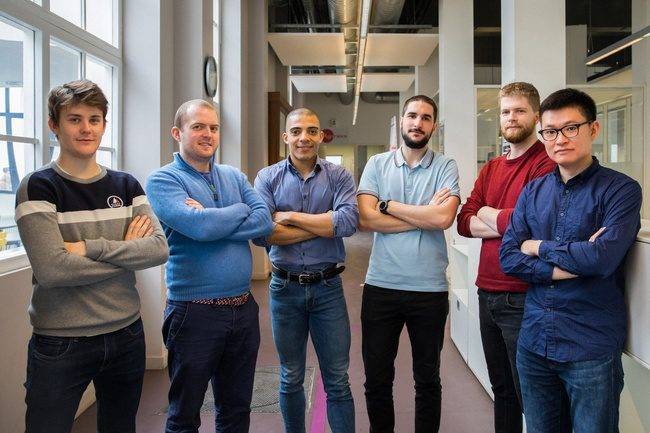FairMoney Nabs USD 11 Mn For Nigerian Expansion: Is Becoming A Challenger Bank All That Easy?

Paris-based digital banking startup FairMoney has raised USD 11 Mn in Series A. The round was led by Flourish, DST Global partners and existing partners Newfund, Speedinvest and Le Studio VC. The fintech plans to use the money to build a challenger bank in Nigeria.
Is Nigeria A Good Idea?
FairMoney started out operations by offering microcredit. But, with a huge addition to its war chest, it wants to expand to current account and savings. Nigeria’s over 190 million people (consumers) and a busy fintech economy is just about the ripe fruit on the vine for the French company.
The West African country is also one of the fastest-growing digital markets in the world, and the economic powerhouse of Africa. FairMoney wants to build a holistic financial platform for underserved customers in emerging markets.
Nigeria’s trend towards a successful consumer class is unmistakable. 90 percent of Nigerians have limited discretionary income, but there’s a vital and developing opportunity within the population’s subset. The number of people in the middle and upper class represents a significant pool of potential consumers.
About 18 percent of urban households get annual incomes of USD 10 K (NGN 3.6 Mn), which comes with purchasing power. Modestly affluent, half of the country’s growth is forecast to come from these households.
The emerging middle class is also climbing up the income ladder. They have incomes of over USD 5 K (NGN 1.8 Mn) a year, which is anticipated to increase by 27 percent by 2020. The present and future state of this class make them a target not just for fintechs, but also for formal retail chains. The rate of urbanization in Nigeria is one of the fastest in the world, which is a whole new avenue for consumer spending to blossom.
What FairMoney Is Up Against

FairMoney is not the only startup looking to build a digital bank. In fact, all-online, pre-seed stage Nigerian startup Kuda is already doing so with a license from the Central Bank of Nigeria. The fintech space is also agreeably crowded, making it critical for a company such as FairMoney to have a grand plan to succeed in the country.
FairMoney’s app currently has a little above 200,000 users and facilitates more than 400 payments daily. To become a worthy contender, the fintech must do a lot more.
Benjamin Dada, Managing Editor of tech publication Benjamindada.com and former product manager at Eyowo – a fintech – says FairMoney would need to find a way to deep-sell its product. In a conversation with WeeTracker, he said that fintech in Nigeria is prime, but the numbers are small, like the FMCG sector where products are identical, and the transaction would be only NGN 10 K in value.
“Typically, service delivery/reliability should be a selling point. But when you don’t control the entire value chain, there’s a problem. It would be interesting to see the strategies that such companies would employ to achieve a breakthrough, especially as there is regulation for them to contend with. They might need to acquire a defunct Microfinance Bank (MfB) to get a license since that’s what many fintechs are doing”.
Nonetheless, Techcrunch reports that FairMoney has a lending license in Nigeria. The company says it will team up with microfinance institutions to launch current accounts, savings and facilitate payments. But the startup hopes to get its own microfinance license from CBN.